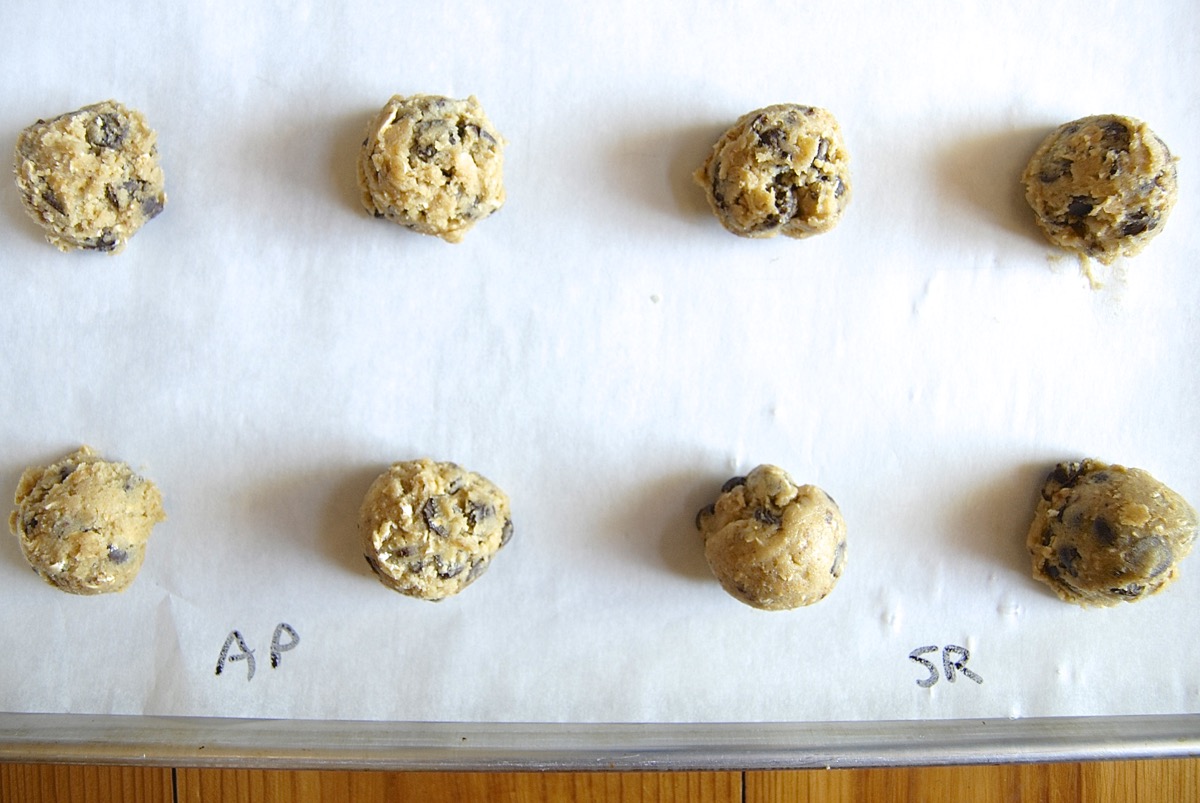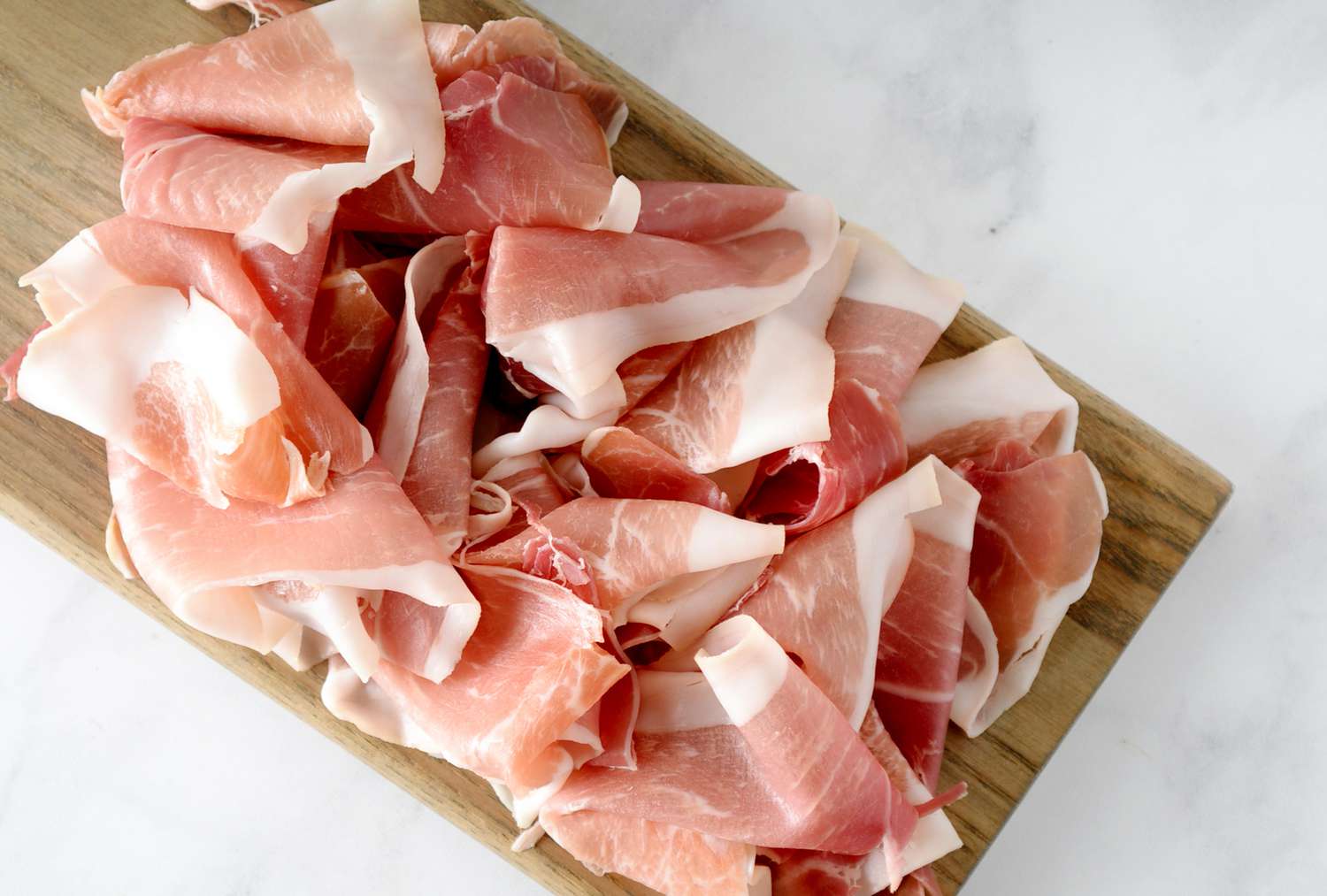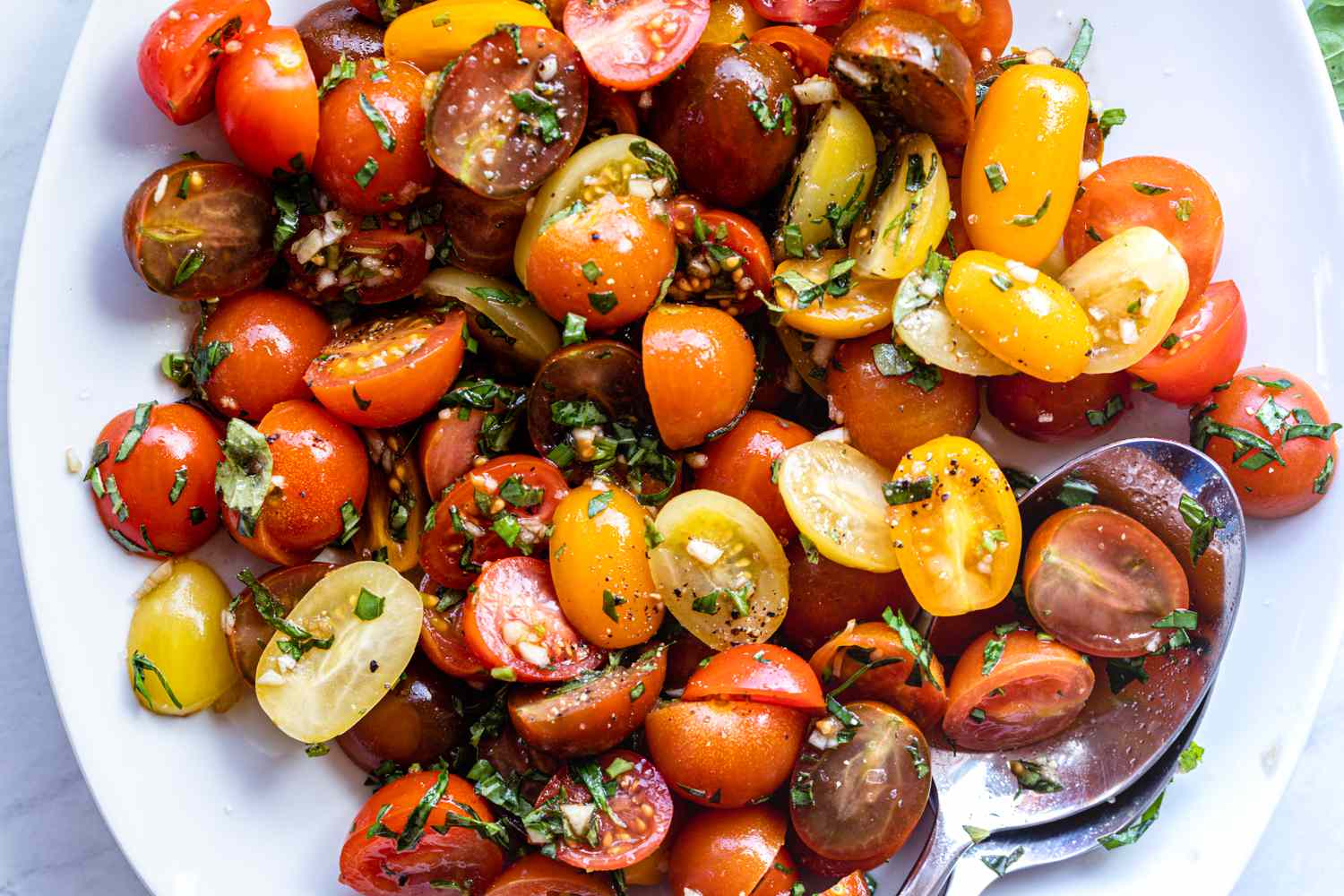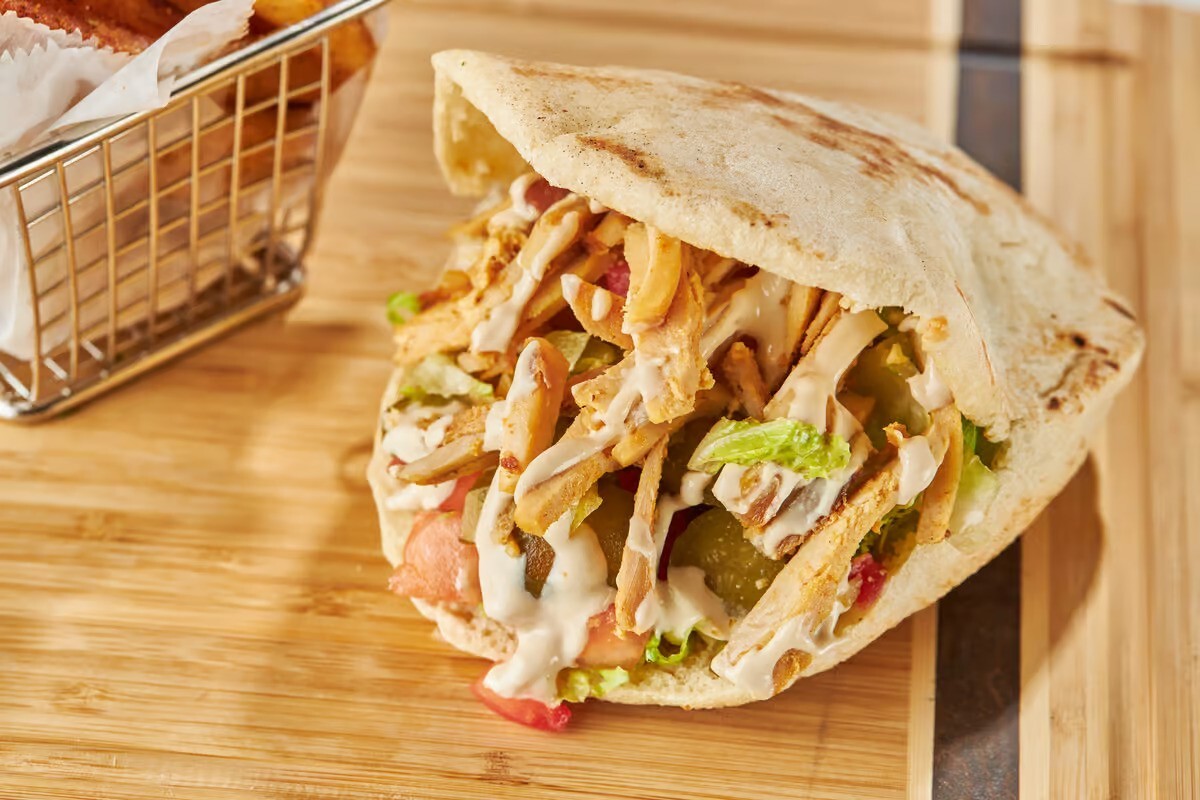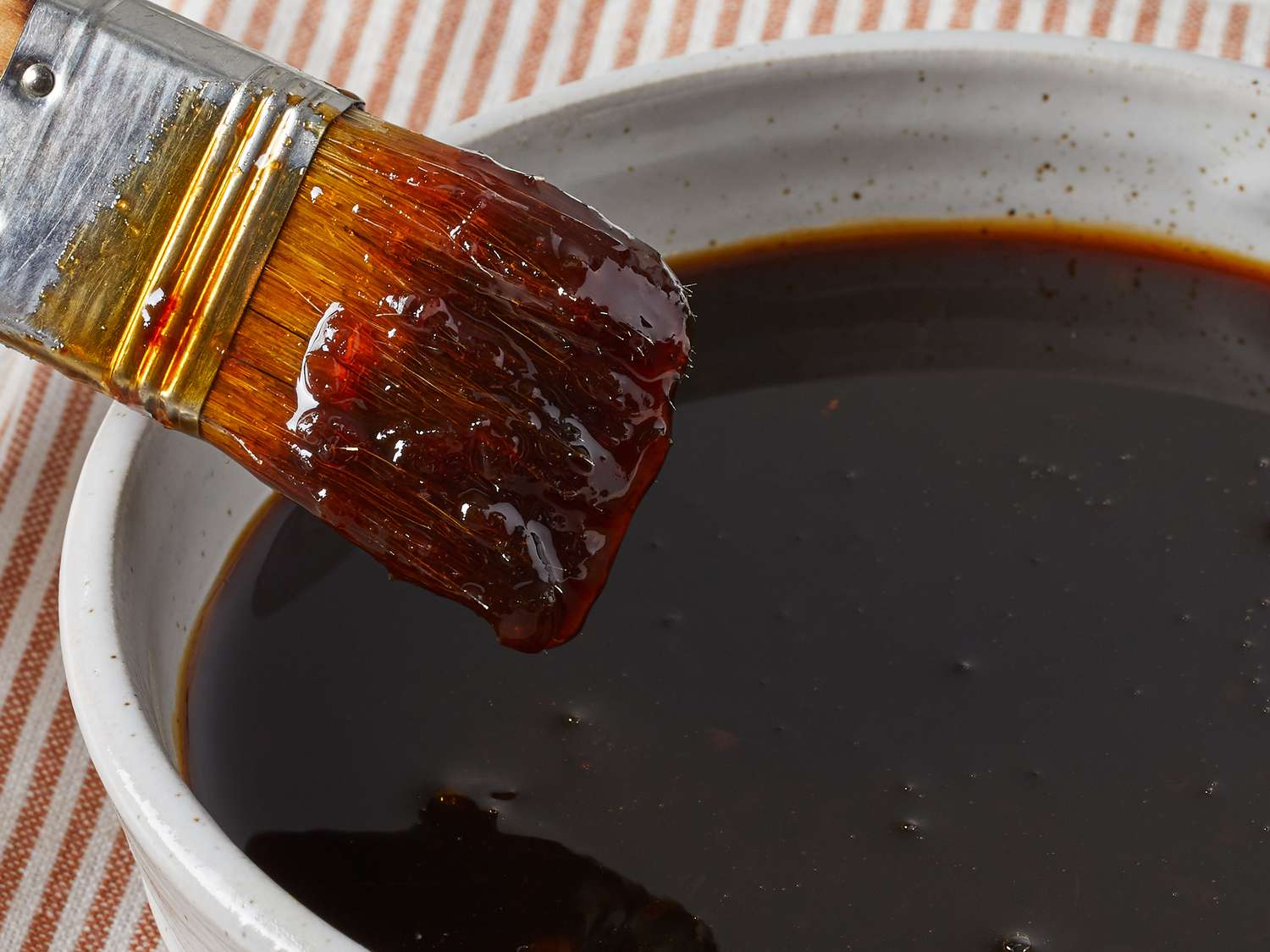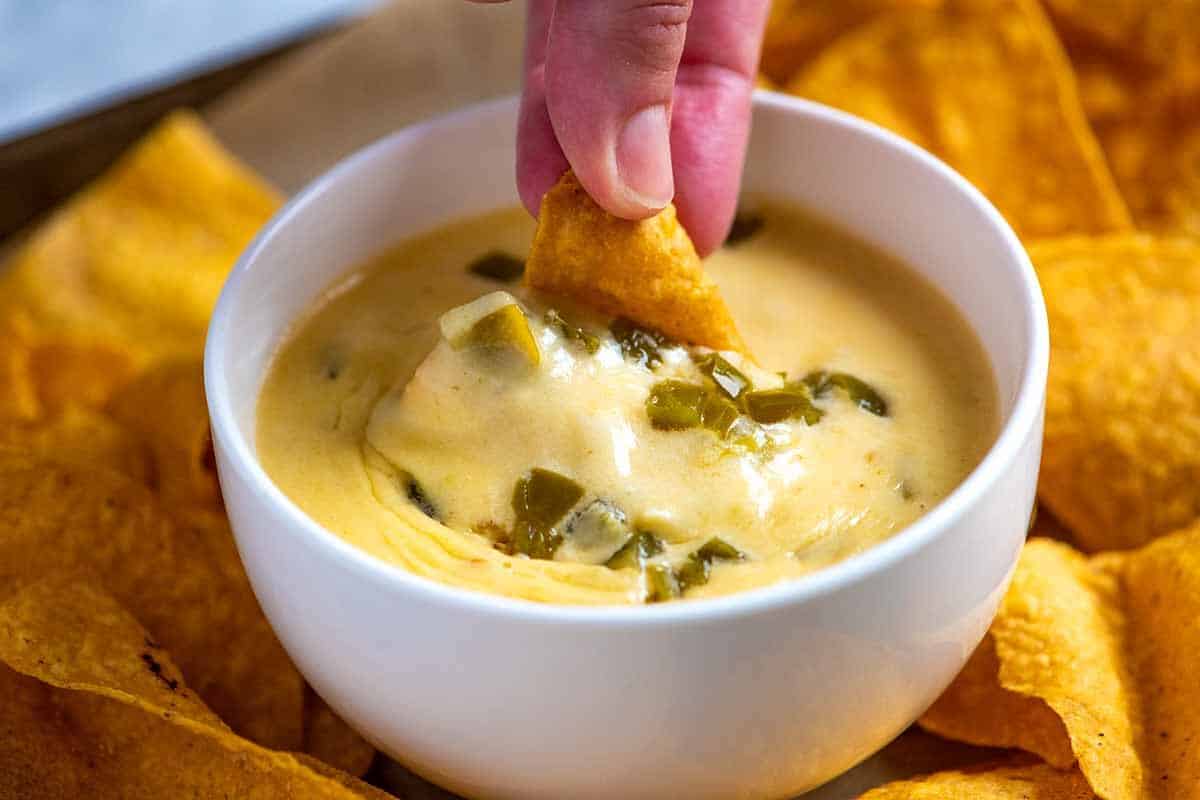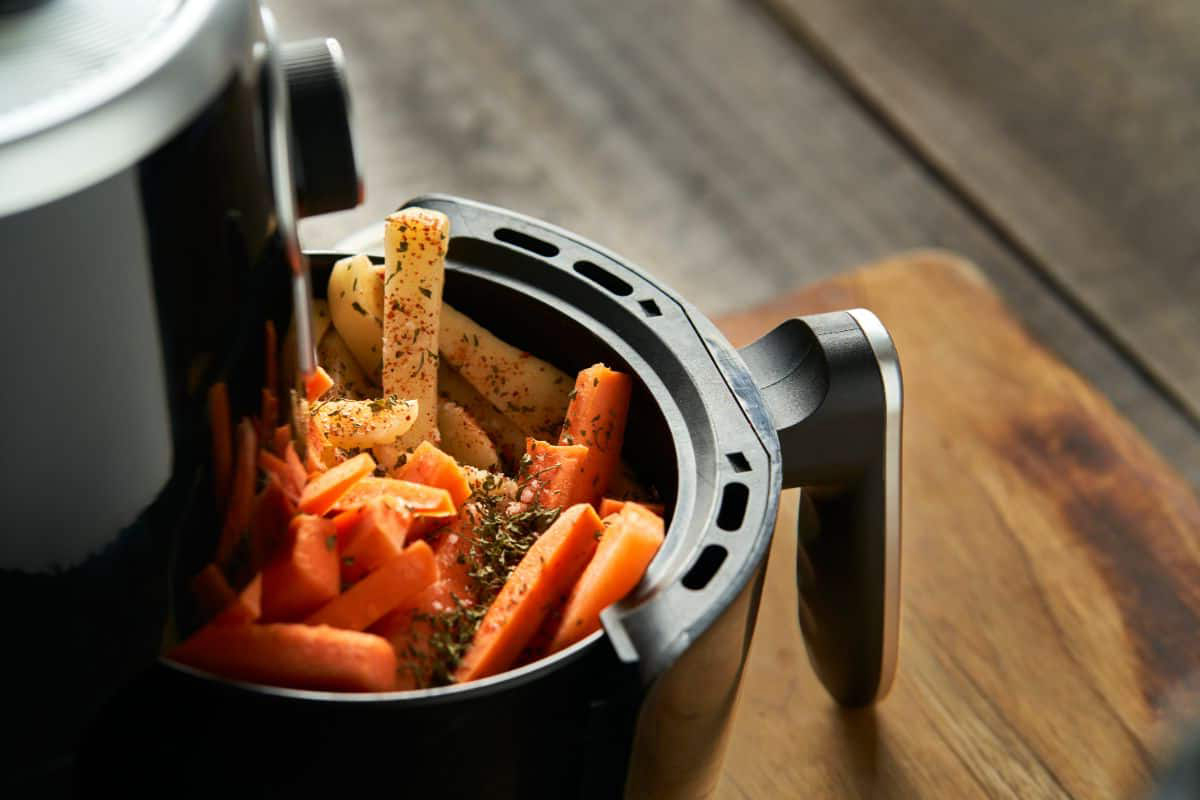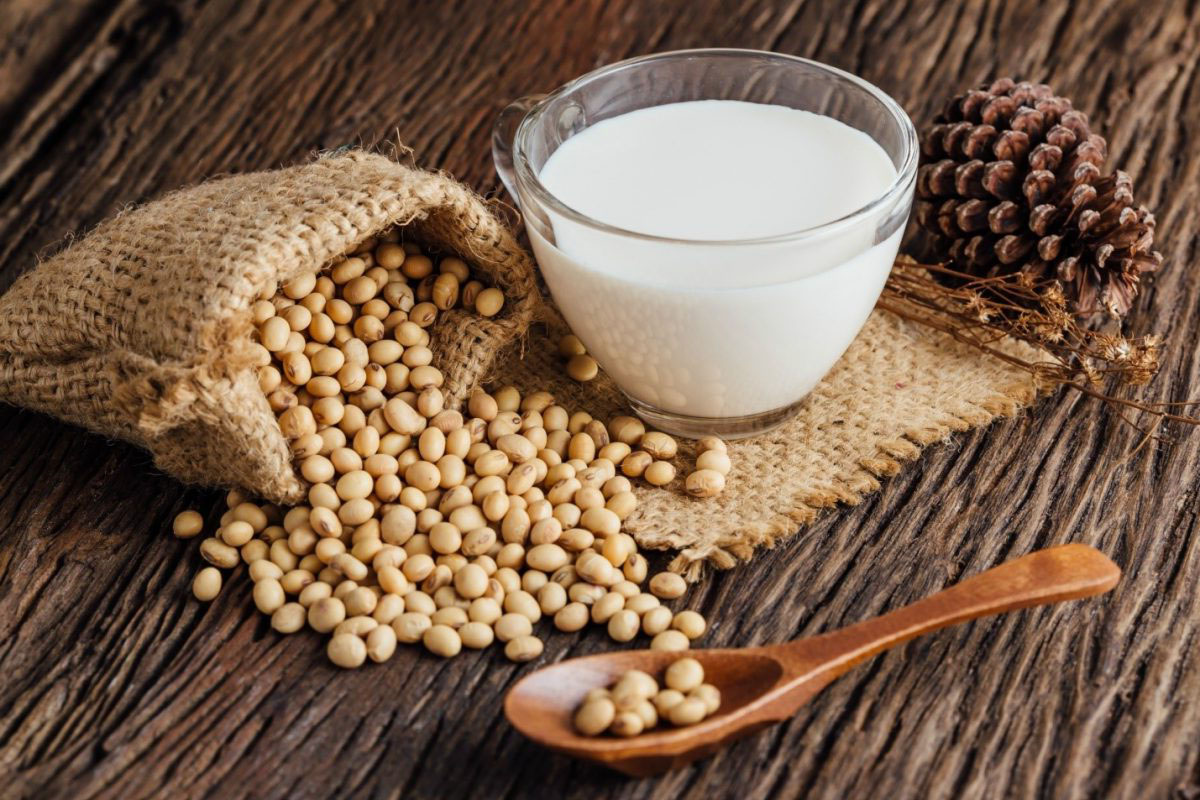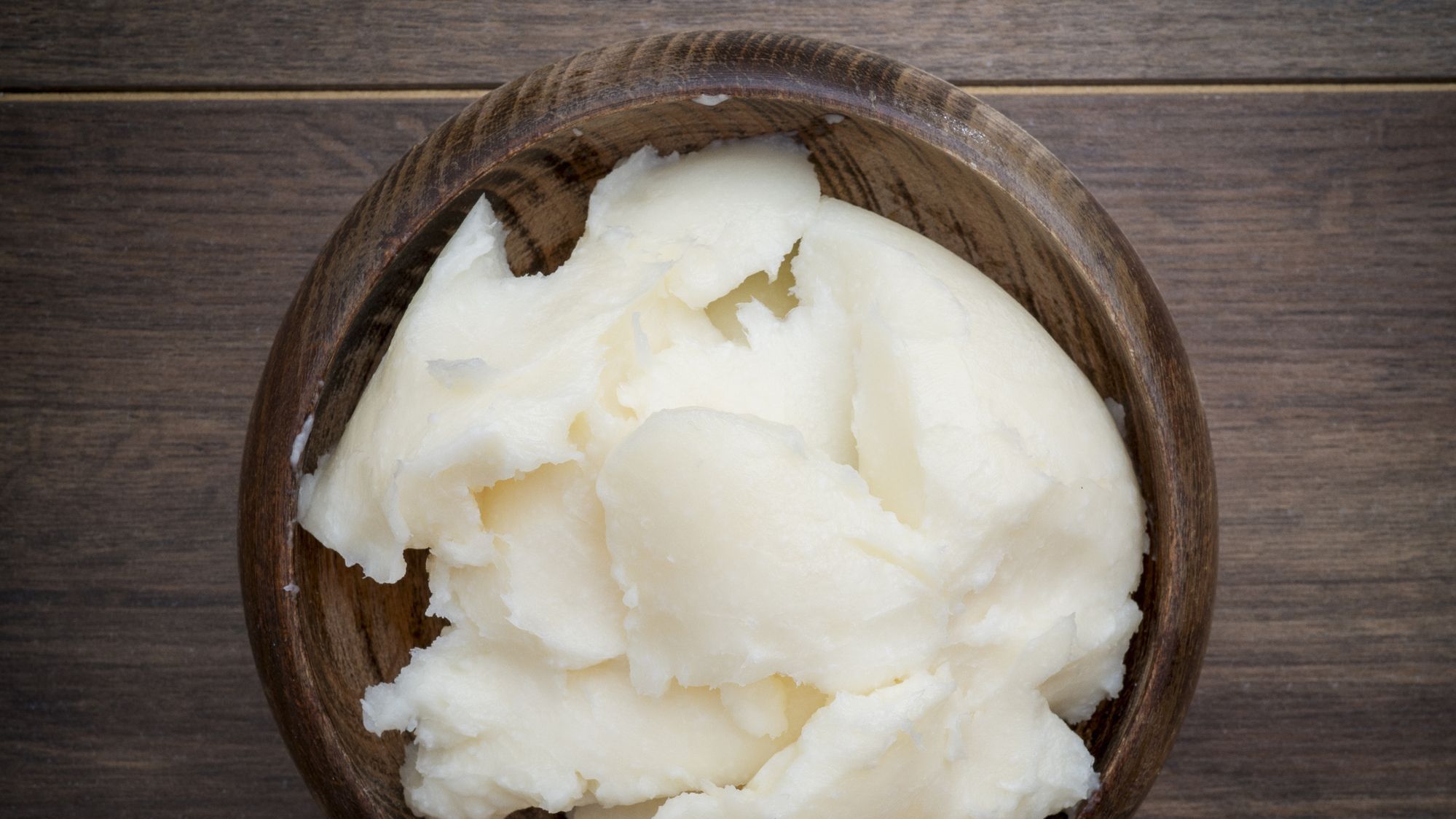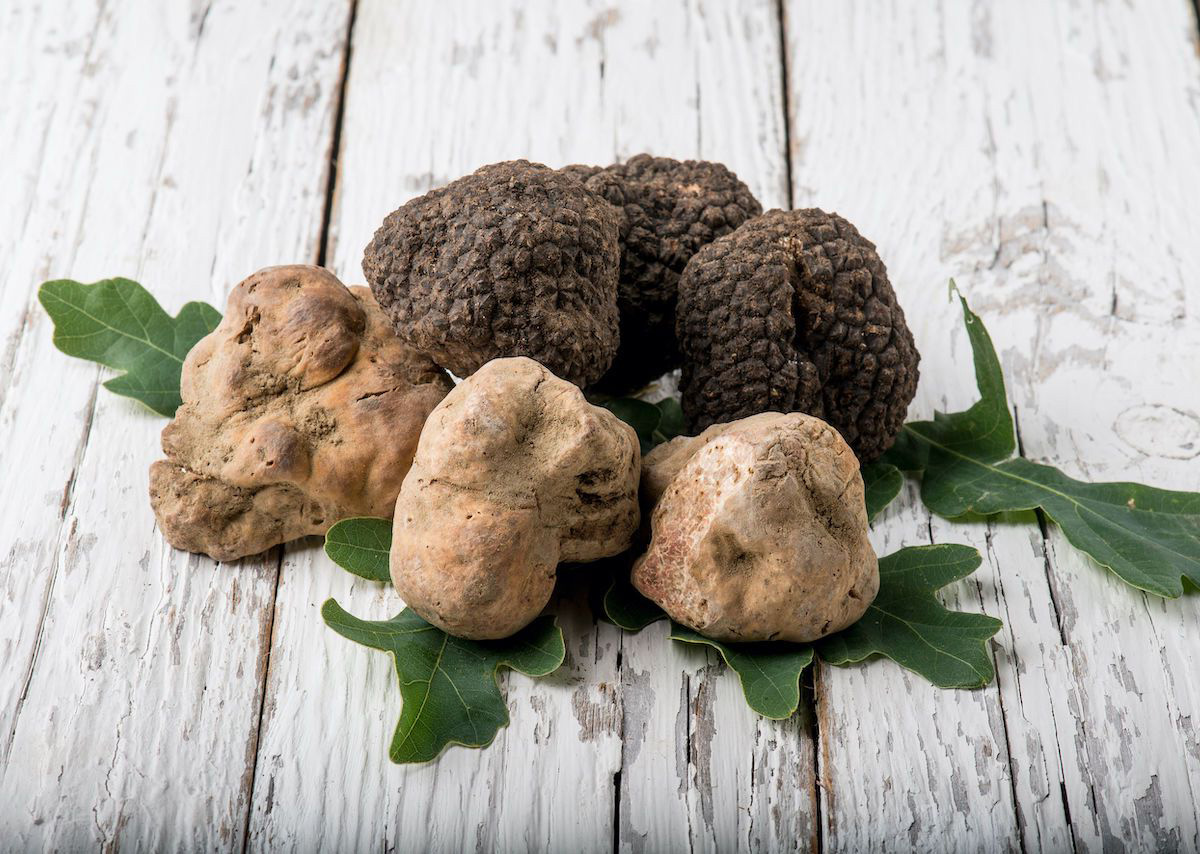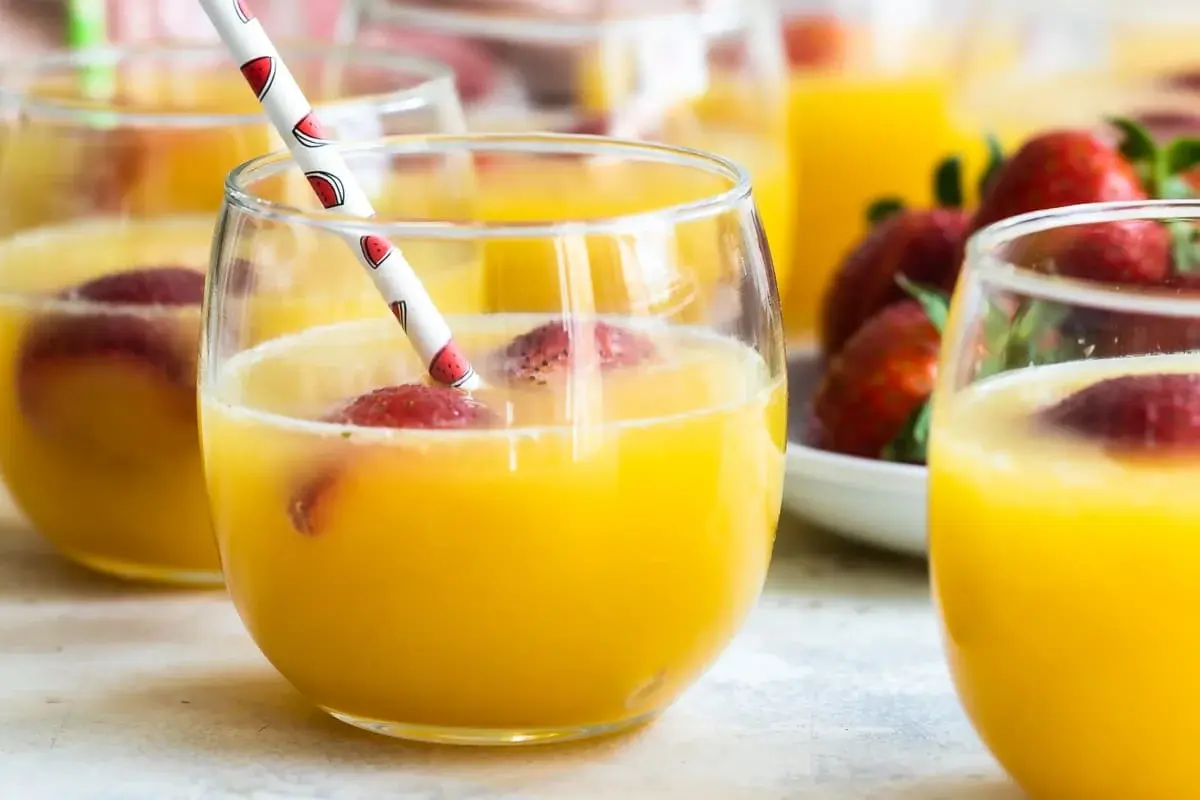Discovering the Sweetest Tea
Tea is a beloved beverage enjoyed by people all around the world. Whether you prefer it hot or cold, there’s no denying the comforting and refreshing qualities of a good cup of tea. For those with a sweet tooth, finding the sweetest tea can be a delightful quest. But what exactly makes a tea sweet, and which varieties are known for their natural sweetness?
Understanding Sweetness in Tea
When it comes to sweetness in tea, there are a few factors to consider. The natural sweetness of tea leaves can vary depending on the type of tea plant, growing conditions, and processing methods. Additionally, some teas are flavored or blended with sweet ingredients to enhance their natural sweetness.
One of the key components that contribute to the sweetness of tea is the presence of natural sugars. Tea leaves contain natural sugars such as glucose, fructose, and sucrose, which can impart a sweet taste to the brewed tea. The level of sweetness can also be influenced by the brewing time and temperature, as well as the quality of the water used.
Exploring Sweet Tea Varieties
While all teas have the potential to offer a hint of sweetness, some varieties are known for their naturally sweet flavor profiles. Here are a few types of tea that are celebrated for their sweetness:
- White Tea: Known for its delicate and subtly sweet flavor, white tea is made from young tea leaves and buds. Its minimal processing helps preserve its natural sweetness.
- Oolong Tea: With a complex flavor profile that can range from floral and fruity to toasty and sweet, oolong tea offers a unique sweetness that varies depending on the specific variety.
- Herbal Tea: While not technically derived from the tea plant, herbal teas can offer natural sweetness from ingredients such as chamomile, mint, and licorice.
- Rooibos Tea: Hailing from South Africa, rooibos tea is naturally sweet and caffeine-free, making it a popular choice for those seeking a naturally sweet and soothing beverage.
Enhancing Sweetness with Additions
In addition to the natural sweetness of certain tea varieties, many people enjoy enhancing the sweetness of their tea with the addition of sweeteners. Common options include:
- Honey
- Agave nectar
- Stevia
- Sugar
- Syrups
These sweeteners can complement the inherent sweetness of the tea while allowing individuals to customize the level of sweetness to their liking.
Conclusion
When it comes to the sweetest tea, there are various factors at play, from the natural sweetness of the tea leaves to the specific variety of tea being brewed. Whether you prefer a naturally sweet white tea or enjoy adding a touch of honey to your favorite herbal blend, there are countless ways to savor the sweetness of tea. So, go ahead and explore the world of sweet teas to find the perfect cup that satisfies your sweet cravings.
Remember, the sweetest tea is ultimately a matter of personal preference, and the journey to discovering your favorite sweet brew can be just as enjoyable as sipping the tea itself.
Was this page helpful?
Read Next: What Is A Tomato Paste Substitute?
